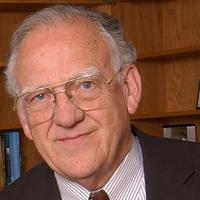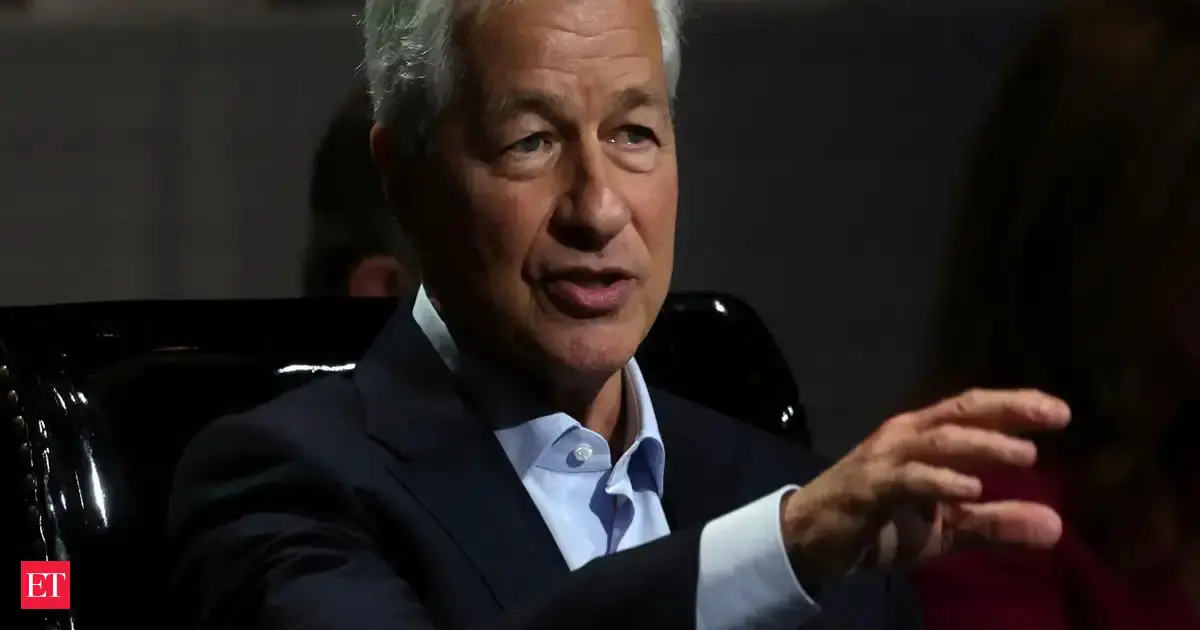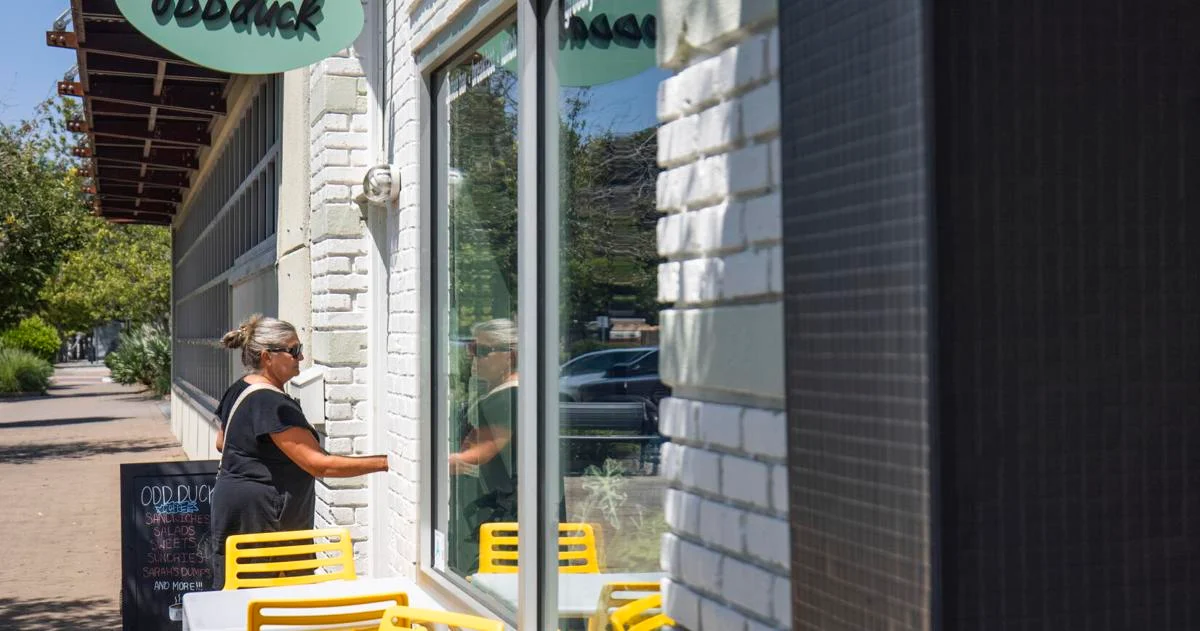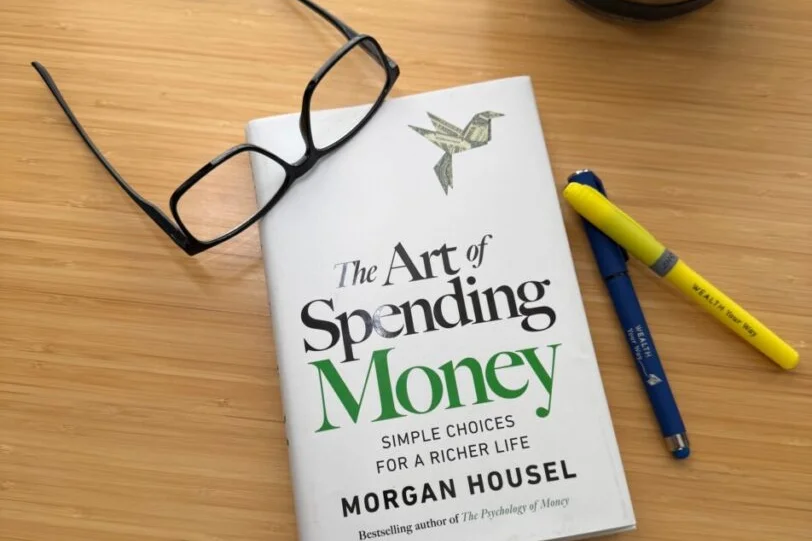Copyright Charleston Post and Courier

The U.S. Chamber of Commerce is suing to block the Trump administration’s imposition of drastically higher fees on high-skill immigration. Indeed, the foreign-born, scientifically trained, high-tech workers who join the U.S. workforce with H-1B visas — and the businesses that sponsor them — may incur significant losses. Then again, we all might. President Donald Trump seldom misses an opportunity to charge for participating in the Great American Bread Machine. Our capitalist economy is, after all, a world wonder. He now proposes charging U.S. businesses $100,000 to obtain an H-1B visa. Until now, the cost has been $2,500, with 85,000 issued annually. In an apparent response, China’s new K visa will carry no fee and no employer sponsorship requirement. Although not welcomed by underemployed recent Chinese graduates, it’s a welcome mat to those who are getting America’s cold shoulder. At home, will the higher fee ration out lots of entrepreneurial workers who have a proven tendency to create jobs and economic activity, and at a time when the U.S. labor force is shrinking? How much difference do all those intelligent immigrants make for the rest of us? We know America’s immigrant population forms a large part of the labor force. In 2024, 19.2 percent of workers were foreign-born, up from 18.6 percent in 2023. Of these, Hispanics accounted for 48.7 percent, and Asian-born individuals accounted for 24.6 percent. In 2024, median weekly earnings for immigrants were $1,001, or 84.1 percent of the revenues of their native-born counterparts ($1,190). Yet, not everyone realizes how much this immigrant population provides to the leadership and innovation of the high-growth companies that fuel our economy. One recent study from the National Foundation for American Policy found that 55 percent, or 50 of 91, of the country’s $1 billion startup companies had at least one immigrant founder. Looking more broadly, a large-scale report by the 2025 National Bureau of Economic Research indicates that about a quarter of all U.S. “new employer companies” are founded by immigrants. Immigrants account for 26 percent of U.S. Nobel Prize winners from 1990 through 2000, and three of the six U.S. Nobel science laureates who were announced in October. The bureau's study aimed to determine the difference that immigrants have had on U.S. economic activity. Examining data for 300 million adults living in the United States from 1990 to 2016, researchers found that immigrants age 20 and older comprise 11 percent of the U.S. population and account for 23 percent of all U.S. patents. They also found that based on scientific citations, immigrant patents are more important than those of domestic inventors. Still, some will remain skeptical. Do immigrant inventors merely take a piece of the American pie for themselves? Do they get involved in commercial activity and with domestic inventors? Drawing on data that encompasses 850 million individuals in 200 countries, bureau researchers found that between 2000 and 2017, 33 percent of U.S. business start-ups had an immigrant founder, and 22 percent of U.S. start-ups had an immigrant and a domestic cofounder. Furthermore, start-ups by domestic and immigrant cofounders were far more successful than similar businesses started by domestic founders alone. Probing further, the researchers found that immigrant-founded start-ups have higher-quality labor, and greater access to investor capital and broader product markets. Immigrant founders also bring greater access to patent holders in other countries. There is also an unknown immigrant interaction effect that yields positive productivity for our economy. It may well be that venturesome souls who are eager to leave their native home and stake out a future for themselves in America are what Daniel Boorstin referred to as “go-getters.” Like “The Little Engine that Could,” they say, “Yes, I can.” In this way, modern immigrants share something with native-born Americans’ bold ancestors, as well as with immigrants like Alexander Hamilton, Andrew Carnegie and Nikola Tesla, who made contributions that we still benefit from. Should it cost $100,000 to bring another go-getter to our shores? Or should we leave well enough alone? There may not be a simple answer, but given the significant economic activity high-tech immigrants bring to our shores and the numerous ways that prosperity filters into U.S. communities, the H-1B fee should be large enough to cover all administrative expenses, but no more. Let’s keep the door open. Bruce Yandle is a distinguished senior fellow with the Mercatus Center at George Mason University, dean emeritus of the Clemson College of Business and Behavioral Sciences, a former executive director of the Federal Trade Commission and a former senior economist on the President’s Council on Wage and Price Stability. He wrote this for InsideSources.com.



